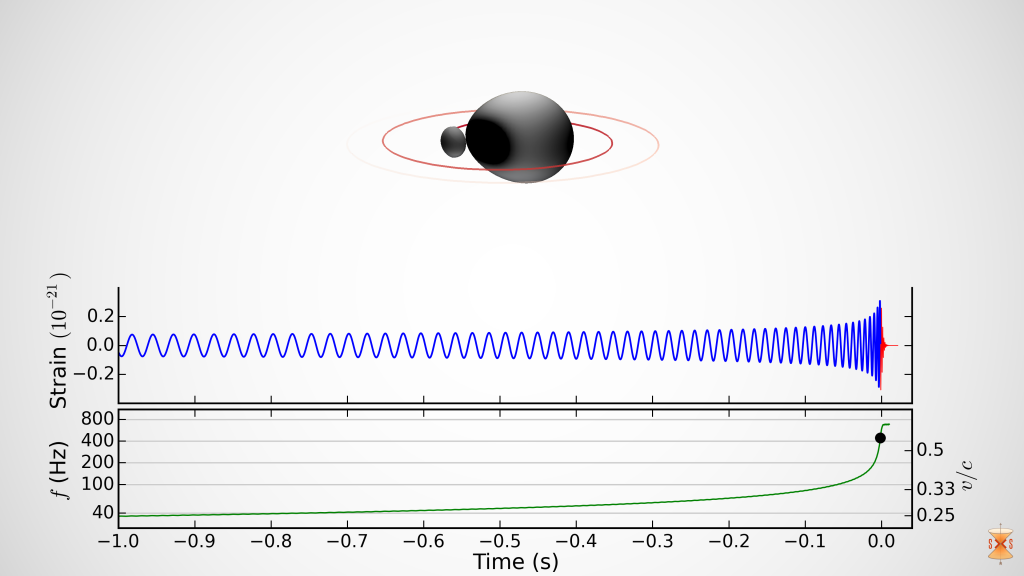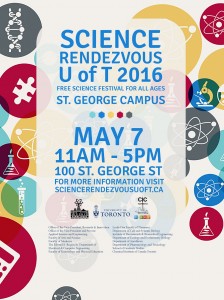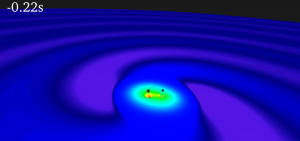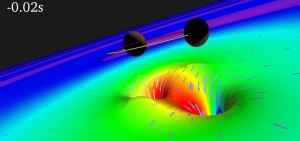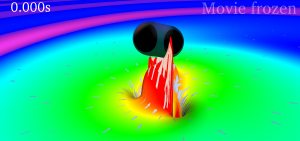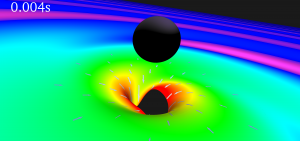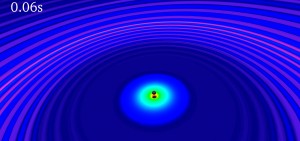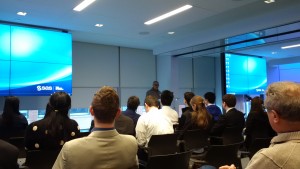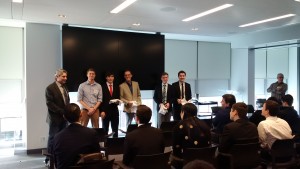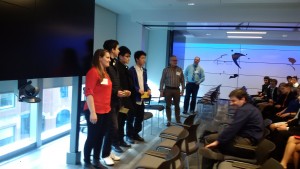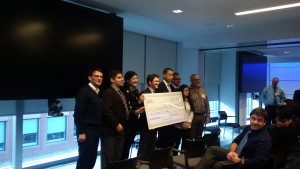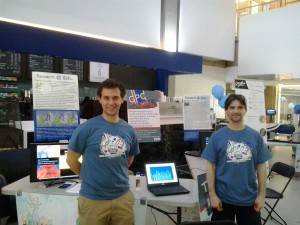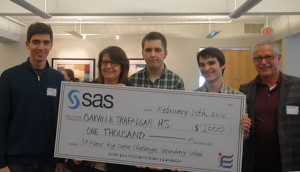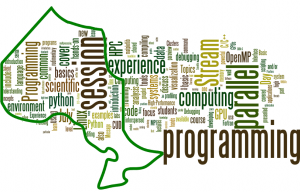
The 2016 Ontario Summer School on High Performance Computing is a week-long academic workshop that provides attendees with opportunities to learn and share knowledge and experiences in high performance computing, technical computing, and data science. The Ontario HPC Summer School is given in three locations, in different weeks. The first one was from May 30 to June 3 in Hamilton, the second will be in Toronto from July 11 to 15, hosted by SciNet, while a third will take place in Ottawa from August 8 to 12.
The format of the school is that of a five-day workshop with mixed lectures and hands-on sessions on a number of selected topics, including shared memory programming, distributed memory programming and general purpose graphics processing unit programming, and data science. The program varies slightly per location.
Most sessions are given in parallel. When registering for the Toronto event, you can pick the sessions you are interested in from the following schedule (note that you cannot register for only part of a session):
SCHEDULE
Monday July 11, 2016
9:30 am – 12:30 pm
single stream: Intro to high performance computing and SciNet
1:30pm – 4:30 pm
stream 1: Shared memory programming with OpenMP, part 1 of 2
stream 2: Intro to the Linux Shell
Tuesday July 12, 2016
9:30 am – 12:30 pm
stream 1: Shared memory programming with OpenMP, part 2 of 2
stream 2: R for data science
1:30pm – 4:30 pm
stream 1: Programming Clusters with MPI, part 1 of 3
stream 2: Parallel R for data science
Wednesday July 13, 2016
9:30 am – 12:30 pm
stream 1: Programming Clusters with MPI, part 2 of 3
stream 2: Python for scientific computing
1:30pm – 4:30 pm
stream 1: Programming Clusters with MPI, part 3 of 3
stream 2: Python for high performance computing
Thursday July 14, 2016
9:30 am – 12:30 pm
stream 1: Programming GPUs with CUDA, part 1 of 4
stream 2: Visualization, part 1 of 2
1:30pm – 4:30 pm
stream 1: Programming GPUs with CUDA, part 2 of 4
stream 2: Visualization, part 2 of 2
Friday July 15, 2016
9:30 am – 12:30 pm
stream 1: Programming GPUs with CUDA, part 3 of 4
stream 2: Debugging
1:30pm – 4:30 pm
stream 1: Programming GPUs with CUDA, part 4 of 4
stream 2: Bring your own code
LOCATION
This event will be held in the Mechanical Engineering Building at the University of Toronto
Wallberg Building
Rooms 116 and 119
University of Toronto
St. George Campus
184-200 College Street
Toronto, Ontario, M5S 3E5
Canada.
The nearest subway station is “Queen’s Park”.
Paid parking is available on the St. George Campus.
LODGING
Lodging is not provided by the organization. If you require lodging, you will have to make arrangements yourself. It may be worthwhile checking out the University’s summer residence program at www.studentlife.utoronto.ca/hs/summer .
MEALS
Meals are not provided by the organization, but refreshments will be provided during the morning and afternoon breaks.
COMPUTING FACILITIES
For the hands-on sessions, participants are to bring their own laptop with working wireless and with an ssh client with X-windows installed. The latter is needed to connect to one of SciNet’s supercomputers, to which the participant will get access for the duration of the School.
CERTIFICATES
Participants that complete at least three days worth of instruction are to receive an Ontario Summer School Certificate on the last day of the School. Note that this certificate is separate from the SciNet certificates, but parts of the school may count towards a SciNet certificate as well.
MORE INFORMATION AND REGISTRATION
For more information on the sessions and for registration, please go to
www.sharcnet.ca/events/ss2016
The registration is free and is aimed at Compute Canada users as well as students, post-docs and other researchers from academic institutions. You do not need to have a SciNet account. Please be advised that seats are limited and tend to fill up.

